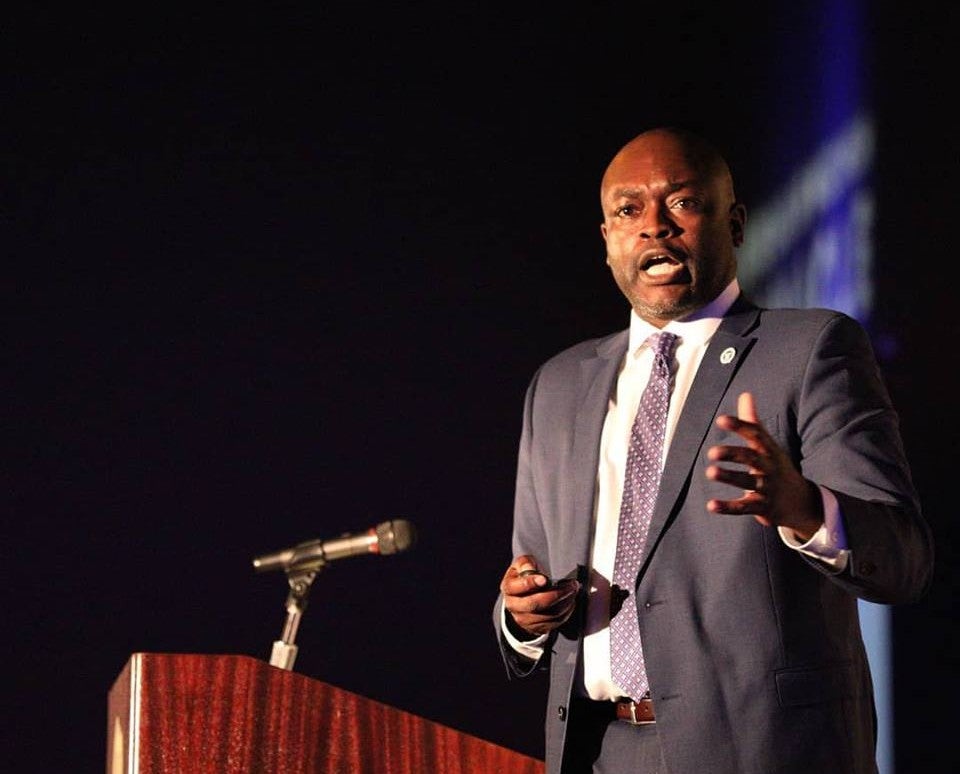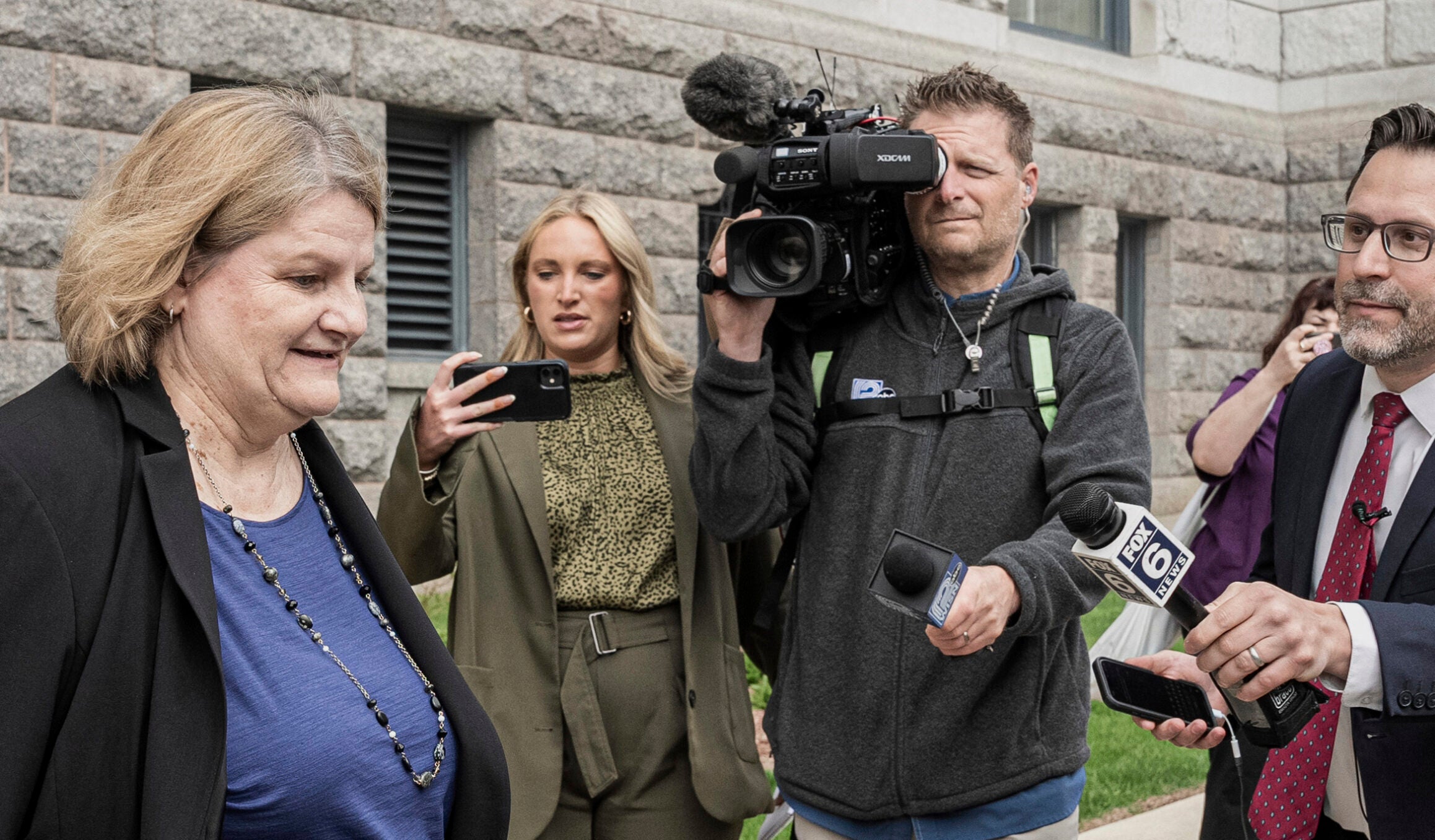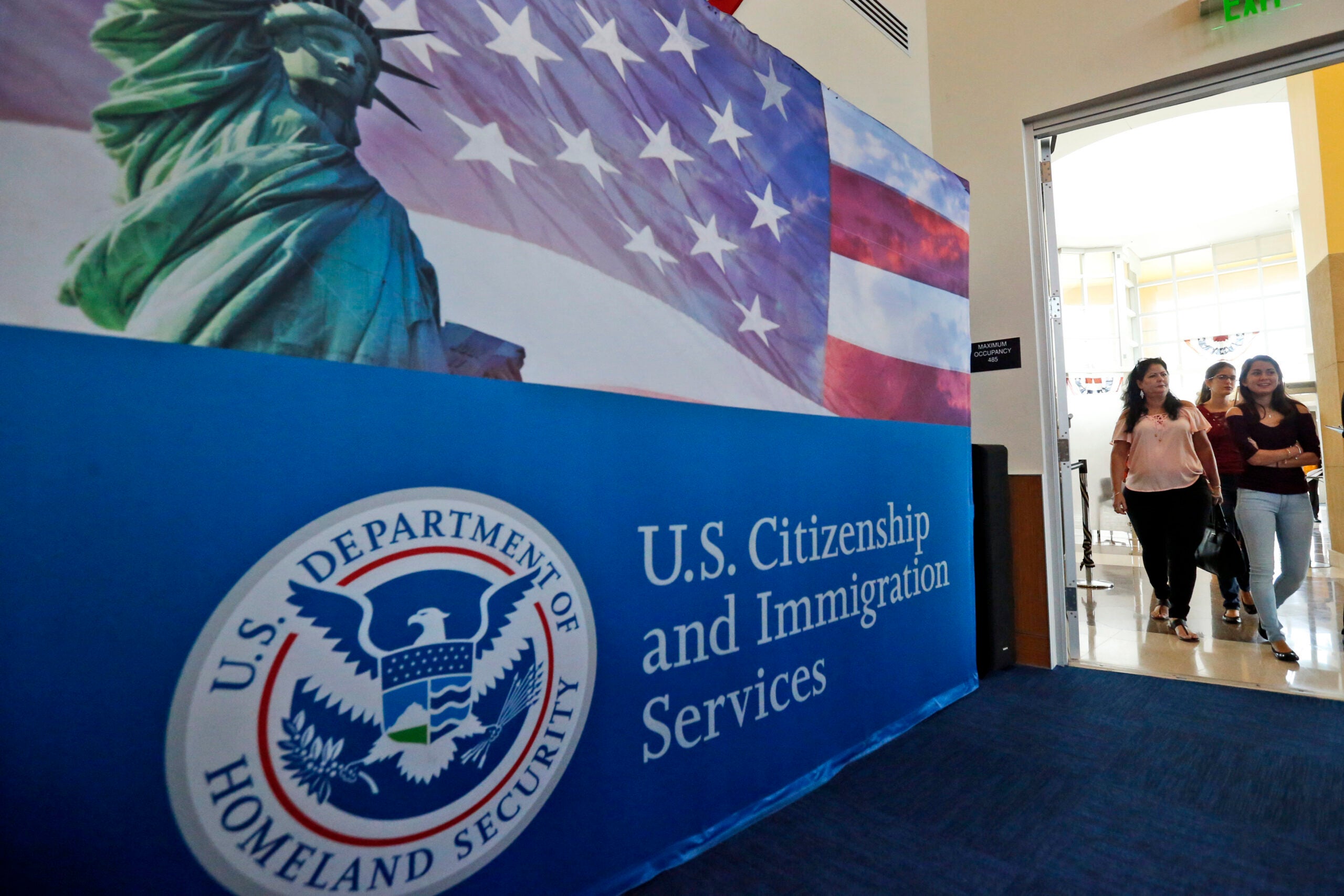Eau Claire attorney Thomas Burton had a busy start to the year helping clients with estate planning. New Year’s resolutions are often incentive to get people to write a will, he said.
Then the pandemic began, and the stream of clients disappeared.
For Burton and other attorneys, routine legal matters in Wisconsin — from drawing up wills to divorces — have slowed down since March.
Burton said estate planning is complicated by the need to get in-person signatures before witnesses, not exactly something that’s compatible with social distancing.
“A lot of my practice areas have been OK, like real estate and business law. We can do (electronic) signatures and Zoom meetings and we don’t actually have to be in the same room. But for the estate planning, I had to tell everybody, ‘We’re just going to wait until it’s safe,’” said Burton.
Since social distancing began, Burton started offering a drive-thru will-signing, but no one has taken him up on the service yet. He said clients he worked with pre-pandemic started coming to his office last week to sign their documents.
Burton also produced a series of online videos, including some on the federal COVID-19 relief bill signed into law in March, as well as on estate planning.
More than 25,000 attorneys are members of the State Bar of Wisconsin, which has been offering help to attorneys for navigating the legal system during the pandemic.
“This has been very difficult and very challenging for a lot of attorneys for many reasons,” said State Bar President Jill Kastner of Milwaukee.
Kastner said one challenge for attorneys has been the transition to working from home. She said the pandemic has been especially difficult for the attorneys who also have to worry about becoming child care providers and teachers for their children while trying to maintain a law practice from home.
Another challenge, said Kastner, is that legal work has “dried up” following the closure of courts. Wisconsin circuit courts are currently developing plans to reopen, after jury trials and most in-person hearings were postponed in late March.
“Some lawyers have been incredibly busy, but for a lot of lawyers a lot of their work just vanished,” said Kastner.
Odola Ohiku is among those who have managed to stay busy. The Milwaukee attorney, who practices family and criminal law with another attorney in his own firm, said business has been better than usual.
“Part of the reason why it’s been pretty good is that back in March, I was worried about things drying up. I started thinking about what we can do, because court cases aren’t moving so people aren’t going to pay. We aren’t going to get new clients,” he said.
Ohiku said his firm started a newsletter, and “amped up” its focus on social media and videoconferencing.
“Surprisingly, we haven’t slowed down. We’ve actually seen an uptick. I don’t know if it’s going to continue, but hopefully it does,” he said.
Ohiku said he’s done 95 percent of his work virtually and works from home an estimated 65 percent of the time.
Kastner said attorneys are hoping a heavier workload will return quickly as courts start to open and they can meet face-to-face with clients. She anticipates a “new normal” for attorneys, one that’s far more reliant on technology.
“I think a lot of the meetings we used to have in person are now going to be using videoconferencing. I think a lot more people are going to be working from home,” Kastner said.
Lawyers also expect more pandemic–related litigation in areas like employment and business law, and with regard to the federal coronavirus relief package.
News with a little more humanity
WPR’s “Wisconsin Today” newsletter keeps you connected to the state you love without feeling overwhelmed. No paywall. No agenda. No corporate filter.
Wisconsin Public Radio, © Copyright 2025, Board of Regents of the University of Wisconsin System and Wisconsin Educational Communications Board.







